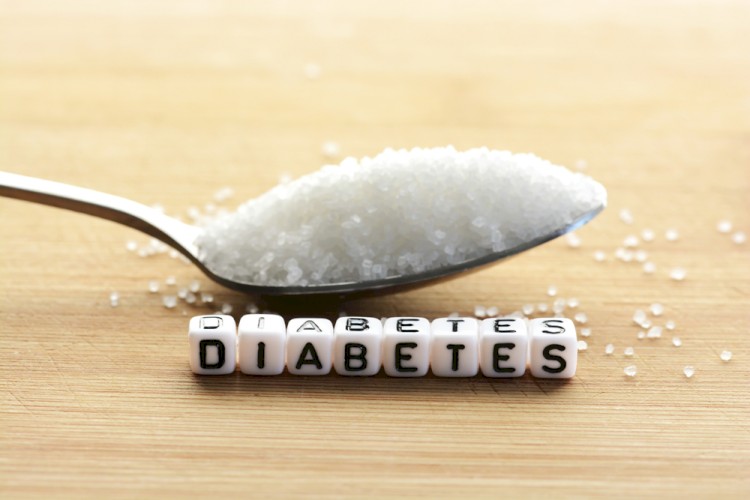Sam asked
I saw a commercial for Trulicity and is clearly states that it is not insulin. However, it is an injection and I just want to know what exactly it is if not insulin? Does it have any benefit over inslun?
At a glance
- Trulicity is not insulin. It is classified as a glucagon-like peptide-1 receptor agonist (GLP-1 RA). These drugs are also known as 'incretin mimetics'.
- Incretin mimetics act like incretin hormones, stimulating the release of insulin from the pancreas in response to ingesting carbohydrates (among other things).
Answer

The commercial you reference (which can be seen here) does state that Trulicity (dulaglutide) is not an insulin, and this is correct, it isn't. It is classified as an 'incretin mimetic', or specifically, as a glucagon-like peptide-1 receptor agonist (GLP-1 RA).
Other drugs in this class include:
- Byetta (exenatide)
- Bydureon (exenatide)
- Victoza (liraglutide)
- Adlyxin (lixisenatide)
- Ozempic (semaglutide)
How Does It Work?
As stated, Trulicity is not an insulin, but rather an 'incretin mimetic'...which means it works in a similar manner as incretin hormones (a group of hormones we all naturally produce in our body).
Incretin hormones have a number of metabolic effects, but primarily, stimulate the release of insulin from the pancreas after ingesting carbohydrates.
So even though Trulicity isn't insulin, it does signal our bodies to release it.
In addition to increasing insulin release, it also:
- Slows gastric emptying (i.e. how quickly food passes from the stomach to the intestines, decreasing blood sugar spikes)
- Decreases the release of glucagon (a hormone that stimulates the production of glucose)
- Increases insulin synthesis
- Increases beta-cell reproduction (beta cells release insulin)
Does It Have Side Effects?
Like any drug, incretin mimetics, like Trulicity, are associated with a number of side effects.
Its most common side effects are gastrointestinal in nature (e.g. diarrhea and nausea). Additionally, since it is an injection, injection-site reactions are common (e.g. redness, itching).
Incretin mimetics are also associated with some pretty severe side effects, but they are quite rare. Nevertheless, they are important o be aware of. These side effects include:
- Pancreatitis
- Gall bladder disease (only certain ones, such as Byetta and liraglutide)
- Decreased kidney function
- Possible association with thyroid C-cell tumors (although this has only been seen in rodents)
On the plus side, unlike insulin, incretin mimetics have a very low risk of hypoglycemia (i.e. low blood sugar) and are associated with weight loss. Several large studies also show that they may reduce certain cardiovascular complications, such as heart attack and stroke.
Place In Therapy
Incretin mimetics are generally not recommended in medical guidelines to be used as a 'first-line' treatment for diabetes.
Instead, they are generally used as an 'add-on' in those needing more than one or two oral diabetes medications.
In fact, it may be a good alternative to insulin in those who aren't getting adequate glucose control on oral medication only.
Guidelines from the American Diabetes Association discuss this:
"...recent evidence supports the utility of GLP-1 receptor agonists [like Trulicity] in patients not reaching glycemic targets with oral agent regimens. In trials comparing the addition of GLP-1 receptor agonists or insulin in patients needing further glucose lowering, the efficacy of the two treatments was similar. However, GLP-1 receptor agonists had a lower risk of hypoglycemia and beneficial effects on body weight compared with insulin, albeit with greater gastrointestinal side effects.
It is important to note that Trulciity shouldn't be used in type I diabetics since the pancreas doesn't produce insulin at all (or very little). Using an incretin mimetic like Trulicity would have little if any effect.
References
- Trulicity Prescribing Information. Lilly
- Pharmacologic Approaches to Glycemic Treatment: Standards of Medical Care in Diabetes—2019. American Diabetes Association
- Pharmacologic Glycemic Management of Type 2 Diabetes in Adults. PubMed
- Pancreatic safety of incretin-based drugs--FDA and EMA assessment. PubMed
- Incretin-based therapies. PubMed




